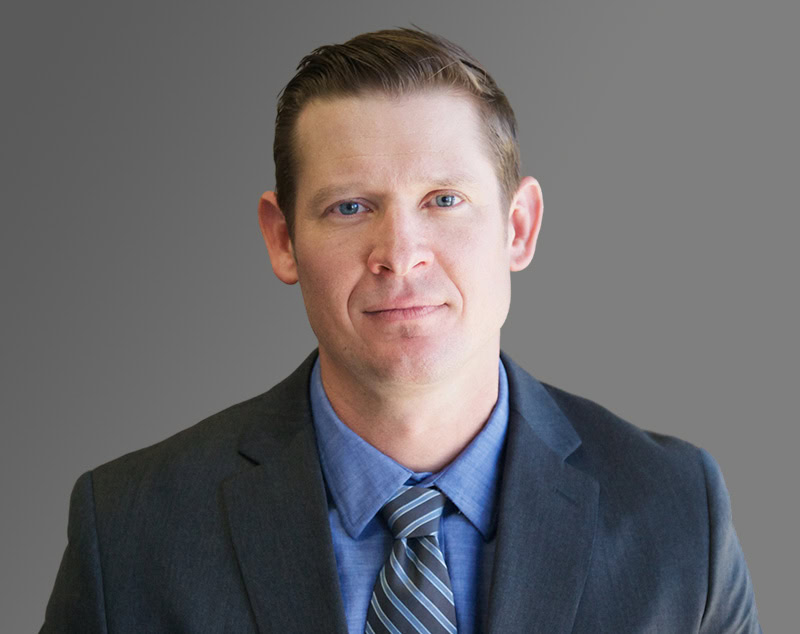About Derek
Derek Kliethermes is an experienced consultant focused on the application of industrial hygiene to emergency response. Dr. Kliethermes currently serves the role of a Senior Exposure Scientist in CTEH’s Applied Science Group (ASG). This role focuses on special industrial hygiene projects with emphasis in worker safety and exposure controls during emergency response, as well as serving as an expert witness for IH-related litigation support.
Dr. Kliethermes is a Certified Industrial Hygienist (CIH) with the American Board of Industrial Hygiene (ABIH), as well as a FEMA E/L 954 All-Hazards Safety Officer. Dr. Kliethermes has over 15 years of extensive experince in emergency response and industrial incidents involving large scale chemical releases, train derailments, on-shore/ off-shore well control, industrial fires, and chemical reaction/ thermal runaway events with lithium battery fires and large-scale pool chemical warehouse fires. As a consultant, Dr. Kliethermes has coordinated resources scaling from individual investigation to multi-state responses with thousands of responding workers in support of health & safety work plans derived by himself and fellow exposure scientists. Dr. Kliethermes & colleagues patented The Sentinel Protocol; a remote-located, real-time gas chromatography (GC) speciation system for complex chemical mixture spills, involving volatile organic compounds (VOCs). This protocol, co-located with photo-ionization detectors (PIDs), has been used to communicate remote worker exposure in-situ.
Dr. Kliethermes completed his PhD in Fire Science with research emphasis on benzene exposure during crude oil tank firefighting. The research consists of firefighter exposure prevention and post-fire liquid mitigation efforts following the thermal chemistry involved in the firewater / foam application to hydrocarbon storage tank fires, with emphasis on steam cracking and benzene regeneration during extinguishment efforts.
Dr. Kliethermes is experienced in assisting with the integration of data quality and planning in the command structure of responsible parties and regulators in order to drive well-informed operational safety decisions. This level of management involves continuous coordination and communication of monitoring and sampling assessments to clients, contractors, laboratories, and regulatory agencies.
